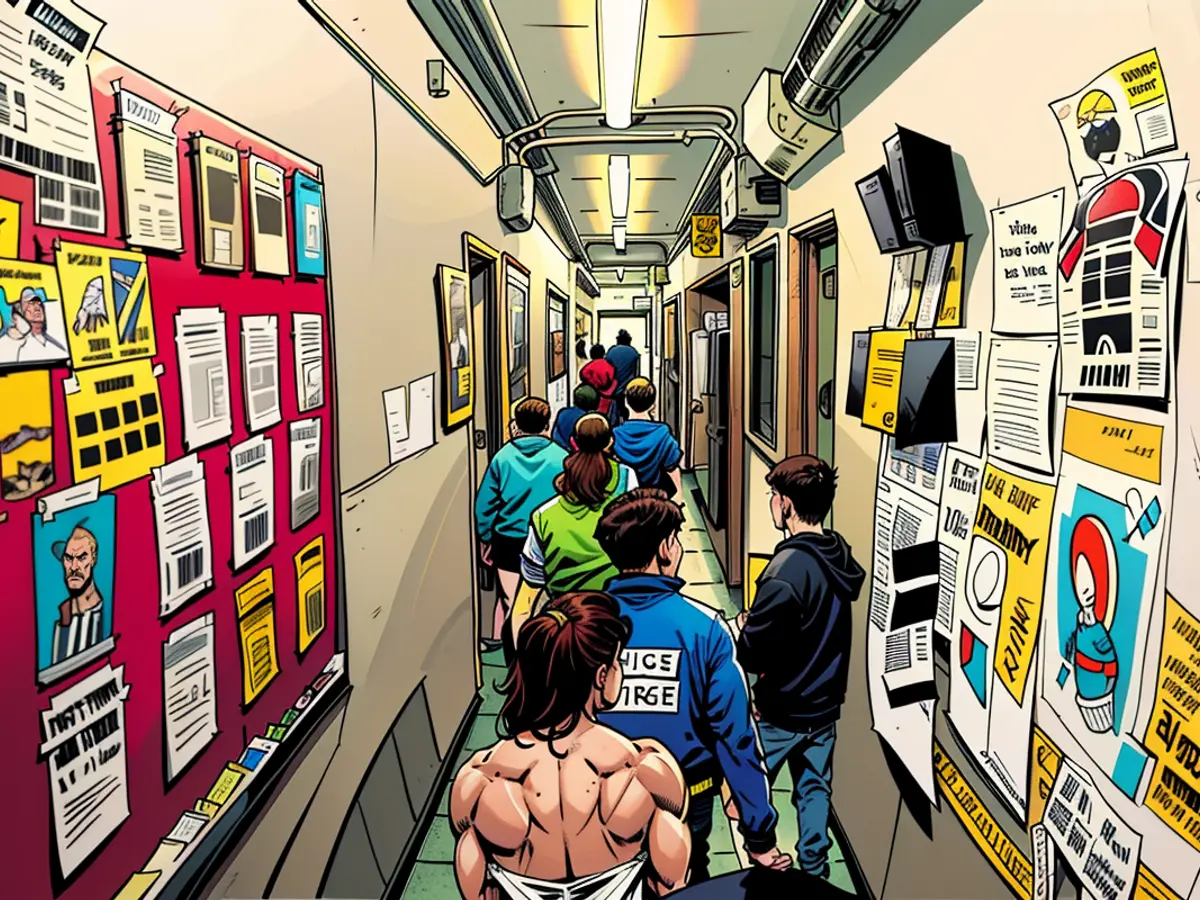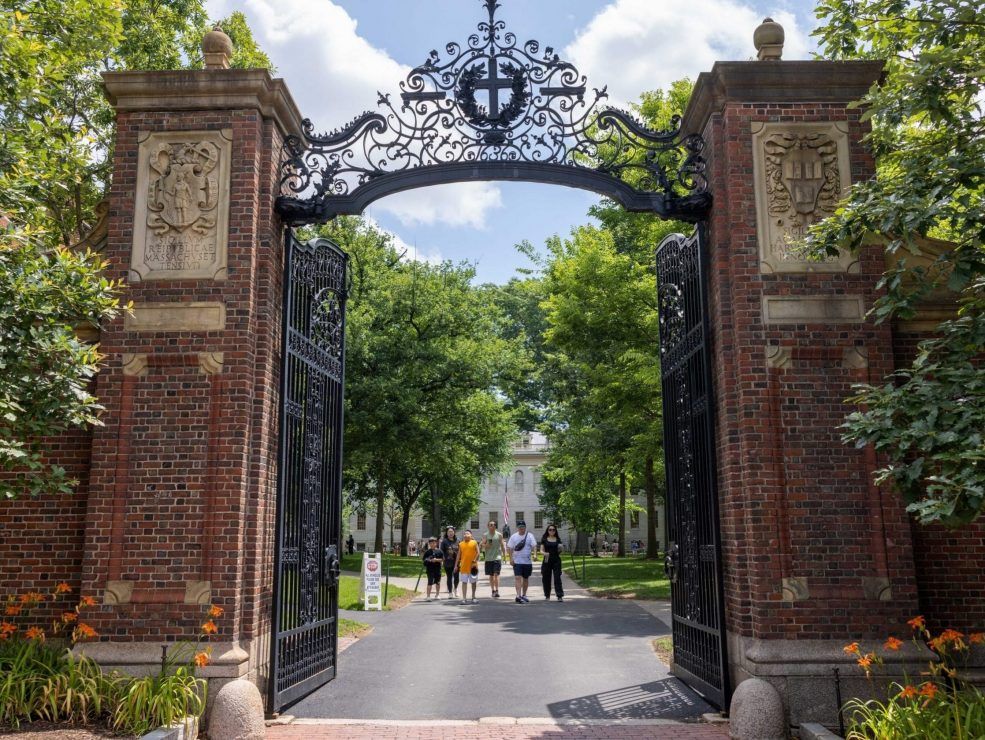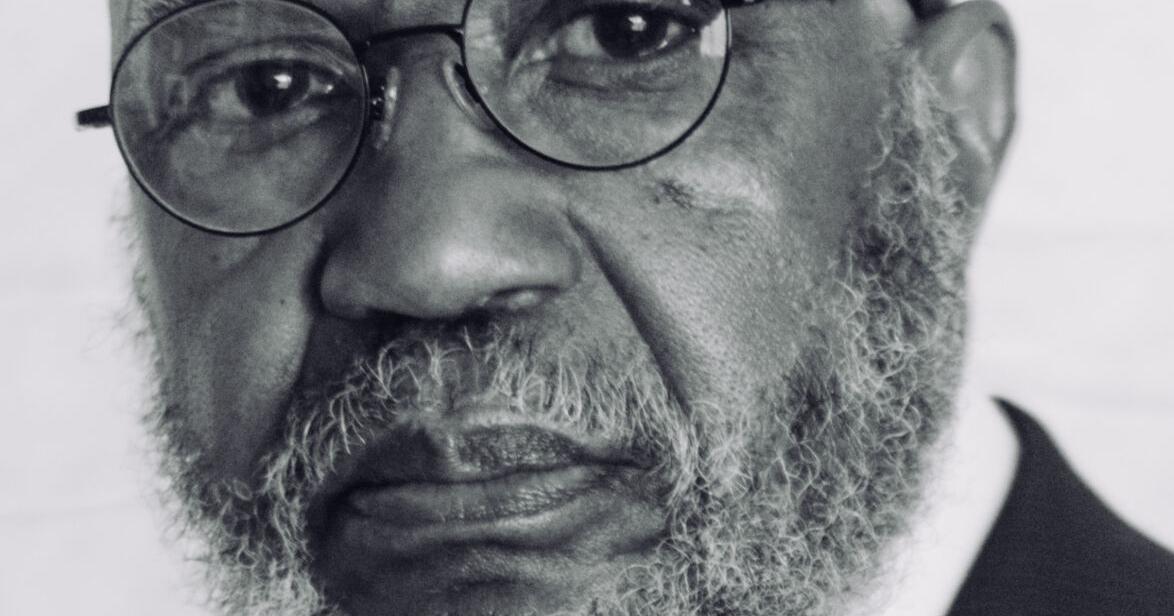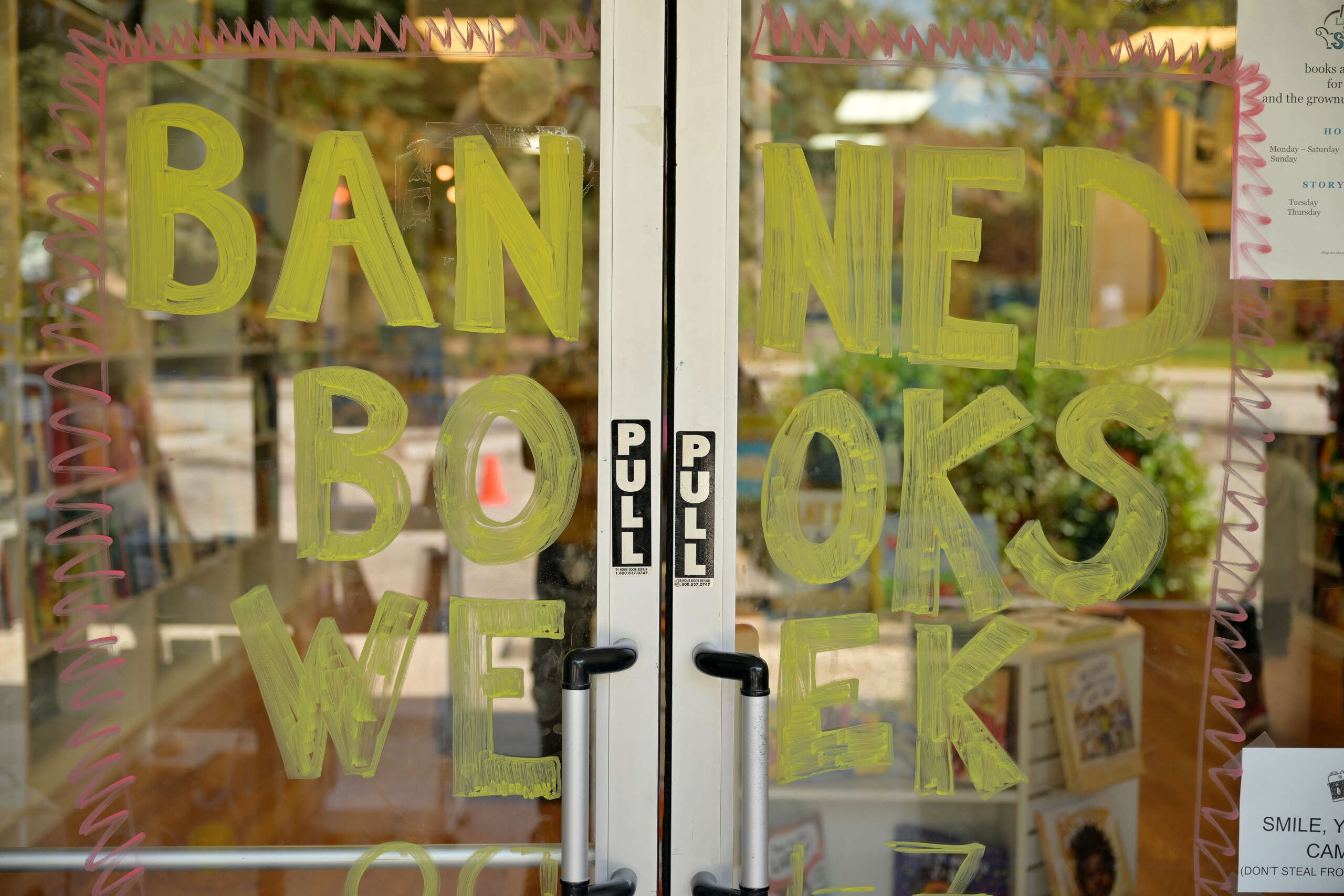







Republican-dominated state and local governments in the United States are censoring schools from teaching Black history and diversity, as part of a long-running effort to turn back progress [35262a05]. There have been numerous attempts to censor library materials and challenges to books written by or about people of color or LGBTQIA+ individuals. The teaching of critical race theory has been restricted in 44 states, with some implementing full bans. Black history-related books and authors have been specifically targeted.
The article discusses the importance of truth in healing and the dangers of censorship in education. It highlights the movie 'Killers of the Flower Moon' as an example of accurately portraying Native American history. The article also mentions the book banning movement and its impact on African American and Native American history books. It emphasizes the need for uncomfortable truths in history education and criticizes the censorship of literature. The article concludes by referencing the First Amendment and the importance of freedom of speech and press [9d8fa75a].
The author, Candice Malcolm, discusses the dominance of liberal ideology in universities and the need to restore the pursuit of truth. She argues that universities should prioritize intellectual diversity and open dialogue, rather than promoting a single ideological viewpoint. Malcolm highlights the importance of exposing students to different perspectives and challenging their beliefs. She criticizes the suppression of conservative voices on campus and the impact it has on academic freedom. Malcolm concludes by calling for a return to the principles of truth and intellectual honesty in higher education [e8523e5c].
The College Board released the final version of the AP African American Studies curriculum, which is still missing important concepts such as 'structural racism' and makes studying the Black Lives Matter movement optional [255133ff]. School board candidates endorsed by the pro-censorship group Moms for Liberty were defeated in the last fall. Illinois became the first state to prohibit book bans, and other states introduced their own anti-ban bills. Representatives Ayanna Pressley and introduced bills in Congress aimed at fighting book bans. A federal judge ruled that parts of an Iowa book ban were unenforceable. Moms for Liberty plans to start its own charter school in South Carolina. Librarians nationwide are being targeted by threats and harassment. The public is overwhelmingly against censorship and book bans in schools. Public pressure has led to changes in the African American Studies course and Scholastic reversing its decision to segregate books. The public needs to mobilize and be heard at the ballot box to protect the freedom to learn [255133ff].
Four of the 10 worst censorship incidents in the U.S. in 2023 occurred in California, according to a report from the Foundation for Individual Rights and Expression. The incidents in California included Muirlands Middle School disciplining a student for wearing eye black to a football game, San Francisco State University students forcing former Olympic swimmer Riley Gaines to withdraw to a safe room during a speech on female sports, an investigation of a professor for showing a non-satirical depiction of the prophet Muhammed, and a lawsuit against the California Community College system for forcing instructors to teach and promote politicized conceptions of diversity, equity, and inclusion. The report claims that these incidents infringe on academic and First Amendment freedoms [1e576a99].
Schools enforce dress codes to promote discipline, but many Black students view them as racist. In Texas, a court is deciding whether a Black teenager can be punished for refusing to cut his hair. Strict dress codes disproportionately affect students of color and lead to higher rates of punishment. Dress codes have historical roots in racist efforts to control the appearance of Black people. Black hairstyles have cultural significance and have been stigmatized for not conforming to white beauty standards. Some schools have faced legal challenges for enforcing discriminatory hair policies. The Government Accountability Office has called for more equitable dress codes and the U.S. Department of Education to provide resources to schools. The CROWN Act, which prohibits race-based hair discrimination, has been enacted in Texas but is not consistently enforced. Advocates argue that asking students to change their hair for uniformity is a form of racism. Schools with higher percentages of Black and Hispanic students are more likely to enforce strict dress codes, particularly in the South. The debate over dress codes highlights the need for more inclusive and culturally sensitive policies in schools. [71e8d5c5]
Black students in Indiana face disproportionate in-school arrests, according to data. Black youth were 4.6 times more likely than white students to be referred to juvenile courts, and in some areas, such as Tippecanoe County, Black students were nearly 13 times more likely to face a judge. Last year, over 31% of all students arrested at schools were Black, despite making up just 12.5% of the statewide school population. A national study found that schools with police officers have 3.5 more arrests on average, and Black students are 3 times more likely than white students to be arrested. Indiana has invested heavily in school resource officers, allocating $19.5 million in 2024 to hire them. However, critics argue that having police officers in schools can make students of color feel disconnected and criminalized. Some schools in Indiana are taking a different approach by hiring student advocates and mental health therapists to address the root causes of student behavior rather than relying solely on school resource officers. [05d53b9d]
New York, home of the nation’s largest school district, is banning realistic active shooter drills. The New York State Board of Regents has approved new rules that require schools to use “trauma informed” and “age appropriate” methods in drills and bans the use of any actors, props, or tactics depicting violence when school is in session. The rules also require schools to notify staff and students about planned drills ahead of time, in addition to notifying parents a week in advance. These rules will go into effect in the upcoming school year. While some parents believe that New York requires too many drills starting at a young age, resulting in anxious and traumatized children, others are pushing for a reduction in the minimum number of drills. Democratic state Sen. Andrew Gounardes is sponsoring a bill to reduce the minimum number of drills from four to two. This move to limit the number of lockdown drills is expected to gain momentum and influence similar rule changes in other states [5b04afd6].